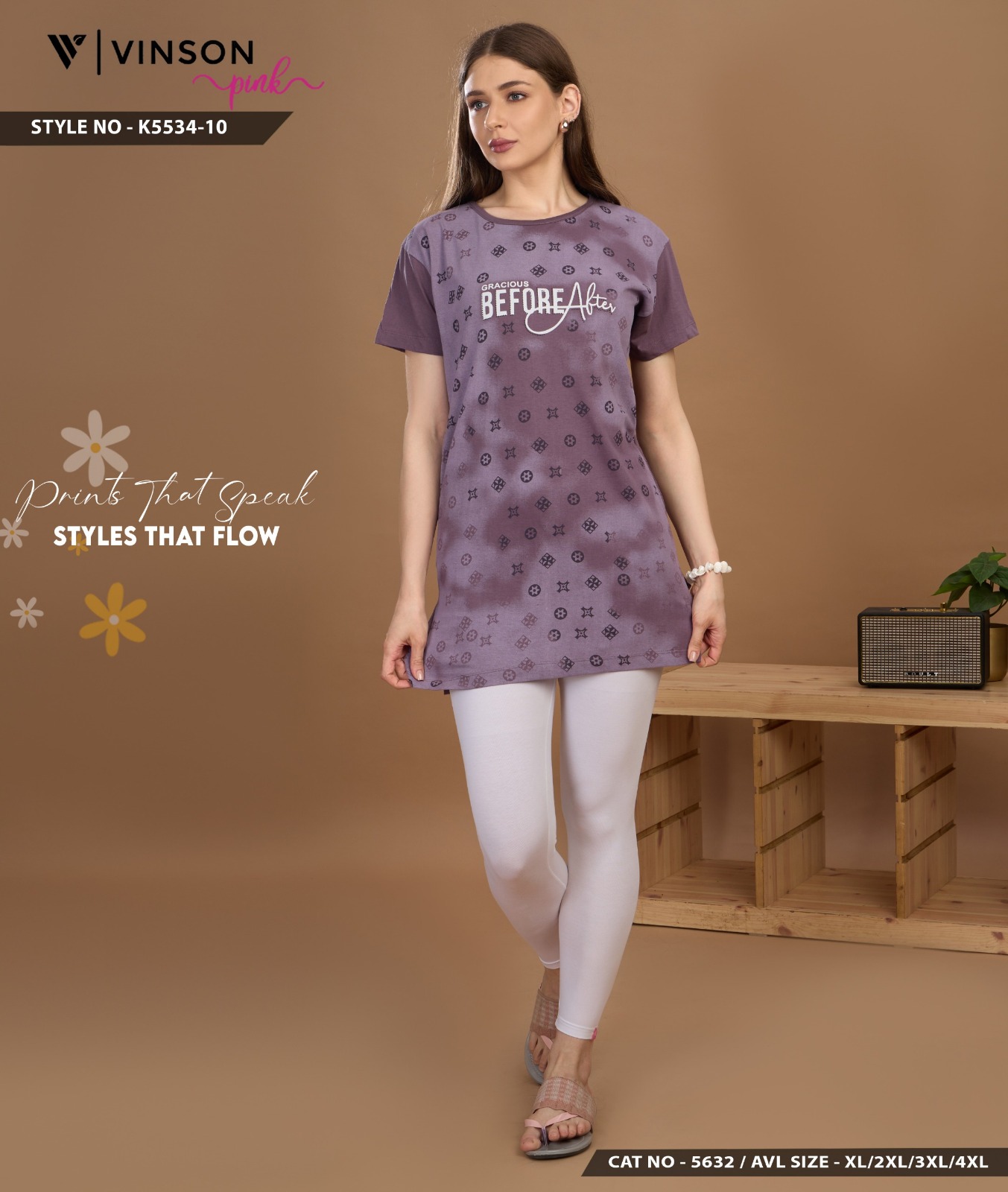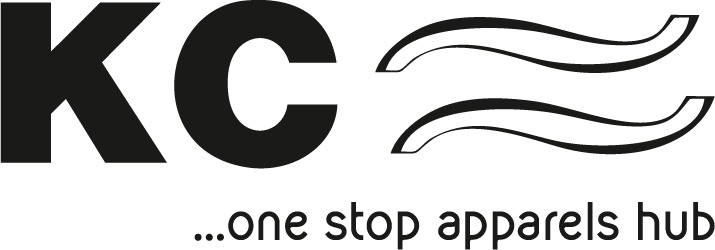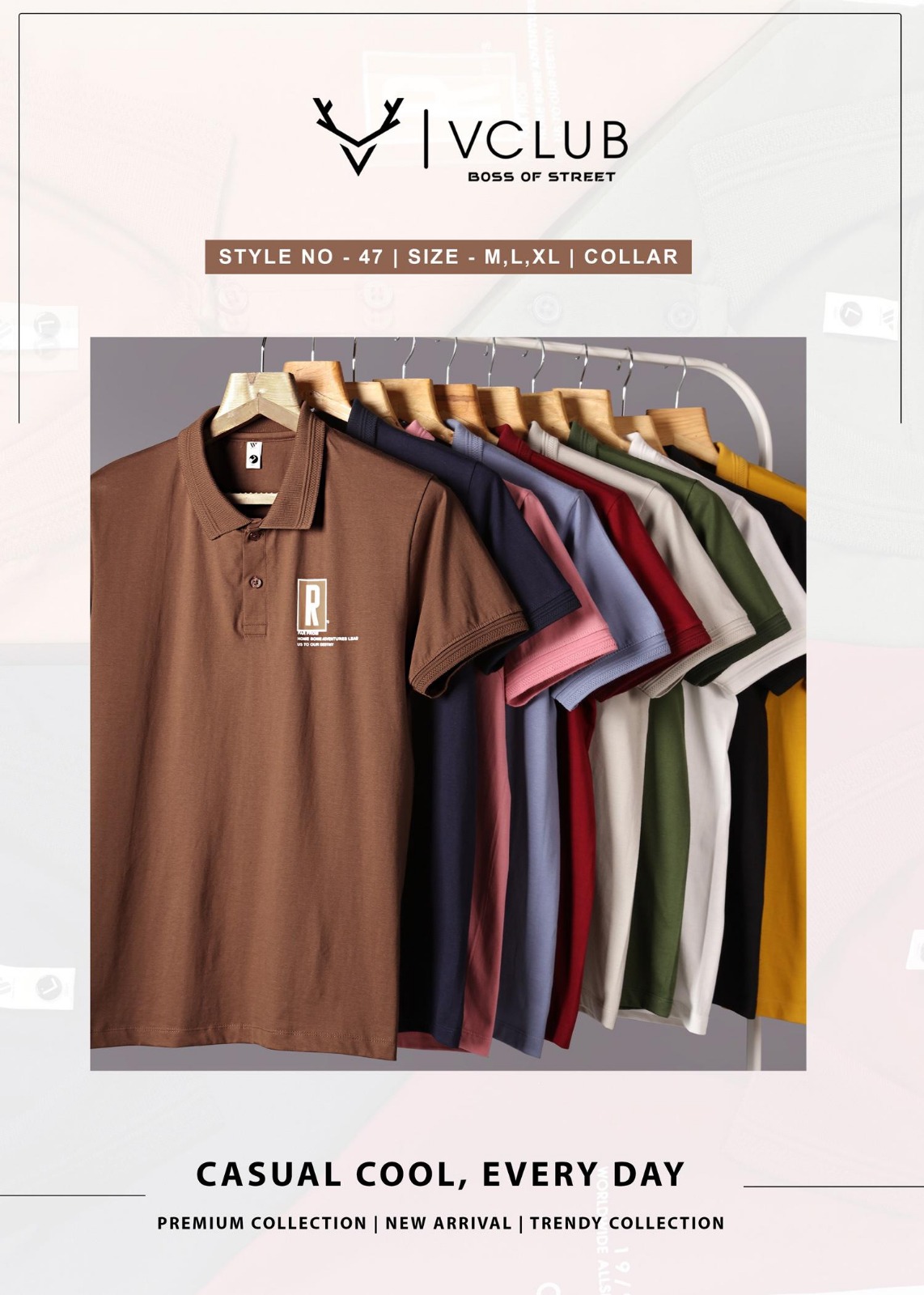
Display that Sells
Display that Sells – A KCGPL Guide to Merchandising That Works “डिस्प्ले जो ग्राहक को रोके” – KCGPL द्वारा विज़ुअल डिस्प्ले और बिक्री बढ़ाने की पूरी गाइड
English Section
What Is a Display in Fashion Retail?
Display is more than decoration—it’s a selling strategy. When your merchandise looks appealing, well-arranged, and purposeful, customers are more likely to buy. At KCGPL, we focus on two types of display:
1. Window Display
These are your first impressions. Mannequins at entrances, passageways, display windows, or store clusters are dressed to:
Highlight your focus collection of the week
Show customers how to style the same article in multiple ways
Checklist for Effective Window Display:
Are the garments properly fitted on mannequins?
Are backdrop and lights working?
Is the pricing clearly visible?
Are mannequins clean and dust-free?
Is the “style story” visually understood?
Are all mannequins styled symmetrically?
2. MC Display (Merchandise Collection)
This is the internal product display on racks and walls inside the store.
Key Rules:
Hang or stack articles cleanly
Use proper color blocking (light to dark)
Show divisions, sections, and categories separately
Price signage must be visible and correct
Price Ladder Example:
Eco-price MC (e.g. ₹99): In bins or lower shelves
Medium Price (e.g. ₹149): Above eye level
Premium Price (e.g. ₹299+): At eye level
Entrance displays = budget items
Main store highlight = premium picks
How to Be a Display Leader at KCGPL
Maintain Wall Elevations – No clutter, no confusion
Follow-Up Daily – Displays must be refreshed and maintained
Clear Navigation – Aisles must be open, not blocked
Mannequin Styling – Add accessories like caps, belts from store stock
Ready-to-Wear Placement – Leggings near kurtis, shoes near denims
Signage Check – All boards should be in English and cleanly placed at eye level
Complementary Sales
This is when one product influences another purchase.
Example: A customer looking at denim notices a matching printed tee on the rack above—they buy both.
Shirts near trousers
Caps near polos
Belts near chinos
⬆️ Upselling Strategy
Smart positioning increases basket value.
Example: Place ₹149 tees beside ₹99 bin tees. Customers buying budget items might upgrade or buy both if styling appeals.
General Guidelines for Impressive Displays
Main aisle = 6-8 feet, Sub-aisle = 4 feet, Parallel aisle = 3 feet
All items must be dust-free
Paper folding must be neat
No gunny bags or packaging materials in customer view
Every garment should be steam ironed post-trial
First Set = Main Display, Second Set = Complementary Display, Third = Backup Stock
Wall displays must be attractive and product packaging should be clean and intact
Premium merchandise must always be at eye level with signage
Color Blocking
From left to right or top to bottom, follow a pattern from dark to light. It helps customers visualize outfits clearly and enhances store aesthetic.
How to Fold Garments for Display
T-Shirts – Fold with collar visible, facing up
Shirts – Shoulder down folds, crisp collar alignment
Sweaters – Arms inward, compact fold
Trousers/Pants – Single crease, waistband on top
Perfect Signage Guidelines
Walls: A6 glossy sheets (Purple BG, white text) in acrylic holders
Bins/Stands: A5 paper with clean font
Eye-level placement for easy scanning
Must reflect item type and price
Updated weekly or as per promotions
Final Word
At KCGPL, good display is good business. A well-styled mannequin or an organized rack is not decoration—it’s your silent salesman. Train your eyes, fold your products perfectly, light up your stories, and let your layout turn walk-ins into loyal customers.
हिंदी अनुभाग
डिस्प्ले क्या है?
किसी भी कपड़ों की दुकान में डिस्प्ले का मतलब होता है – “कस्टमर को देखकर आने और खरीदने का मन करना”। सही जगह रखा गया अच्छा माल ही सबसे ज़्यादा बिकता है। KCGPL में हम दो तरह के डिस्प्ले पर ध्यान देते हैं:
1. विंडो डिस्प्ले
यह हमारे स्टोर का चेहरा होता है। जो मानेक्विन दुकान के गेट, खिड़की या मुख्य जगह पर रखे जाते हैं – उन्हें हफ्ते के खास कलेक्शन से सजाया जाता है ताकि ग्राहक को यह दिखे कि वो आर्टिकल कैसा दिखेगा जब पहनेंगे।
सुनिश्चित करें:
कपड़े सही ढंग से फिट हैं
बैकड्रॉप और लाइटिंग ठीक काम कर रहे हैं
प्राइस टॉकीज साफ दिख रहे हैं
मानेक्विन और आसपास की जगह साफ है
पूरी कहानी समझ आ रही है
लेआउट संतुलित और स्टाइल में है
2. एमसी डिस्प्ले (Merchandise Collection)
यह अंदर स्टोर की दीवारों और रैक पर रखा हुआ डिस्प्ले होता है।
जरूरी बातें:
सभी कपड़े सही से टंगे या तह किए हों
प्राइसिंग साफ हो
डिवीजन, सेक्शन, डिपार्टमेंट अलग-अलग हो
हल्के से गहरे रंग की क्रमबद्धता हो
प्राइस लेडर (सीढ़ी विधि):
₹99 वाले – नीचे की शेल्फ में या बिन में
₹149 वाले – आई लेवल के ऊपर
₹299+ (प्रीमियम) – आंखों के सामने
स्टोर गेट पर – बजट आर्टिकल्स
मेन डेस्क के पास – नया या महँगा कलेक्शन
एक परफेक्ट डिस्प्ले लीडर कैसे बनें?
दीवार की सजावट सटीक हो
हर दिन जांच और सुधार करें
ग्राहकों का रास्ता साफ रखें
मानेक्विन अच्छे से स्टाइल हों (कैप, बैग, बेल्ट जोड़ें)
रेडी टू वेयर जगह पर हों (जैसे कुर्ती के बीच में लेगिंग्स)
सभी बोर्ड और संकेतक स्पष्ट, साफ व आंखों की ऊंचाई पर हों
कॉम्प्लिमेंट्री सेल्स – एक आर्टिकल से दूसरा बिकवाना
जब एक टीशर्ट को डेनिम के पास रखते हैं, तो ग्राहक डेनिम लेने आया था पर टीशर्ट भी साथ ले लेता है—यही है Complementary Sales.
उदाहरण:
शर्ट के पास ट्राउज़र
पोलो के साथ बेल्ट
कुर्तियों के पास मैचिंग लेगिंग्स
⬆️ अपसेलिंग – कस्टमर को एक रेंज ऊपर ले जाना
उदाहरण: @99 वाली बिन के पास @149 टीज़ रखना। ग्राहक ₹99 वाला लेने आया था, पर ₹149 का पसंद आया, दोनों ले गया।
साफ-सुथरा और आकर्षक स्टोर सेटअप
मेन रास्ता – 6 से 8 फीट
सब-रास्ता – 4 फीट
समान धूल मुक्त होना चाहिए
पेपर फोल्डिंग सलीके से करें
स्टोर में कहीं बोरा/अनपैक्ड सामान न दिखे
पहले सेट – डिस्प्ले के लिए
दूसरा सेट – कॉम्प्लिमेंट्री के लिए
तीसरा – स्टॉक रूम
ट्रायल के बाद कपड़ा स्टीम प्रेस हो
रंगों का अनुक्रम – गहरा से हल्का
कलर ब्लॉकिंग
हल्के से गहरे रंग की सीरीज ग्राहक की आंखों को आकर्षित करती है और उसे आउटफिट सिलेक्शन में मदद करती है।





